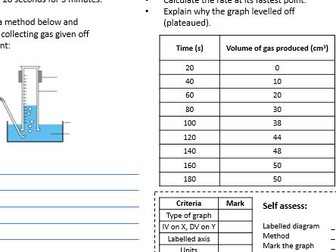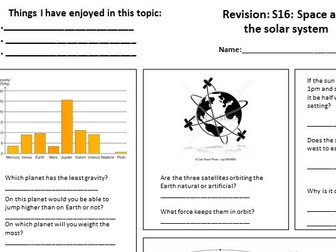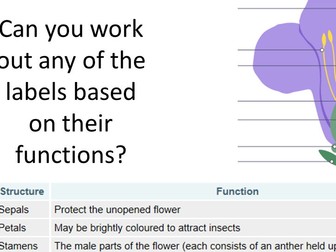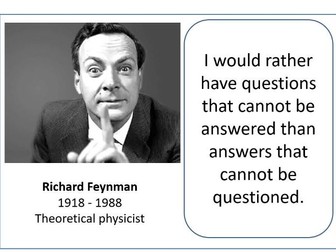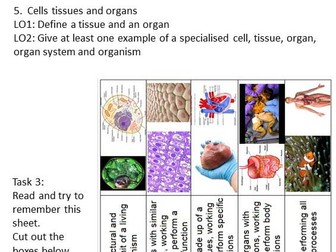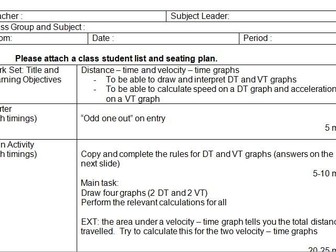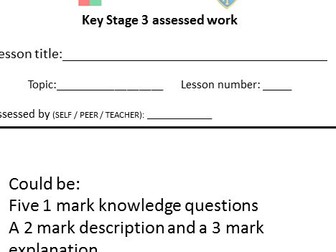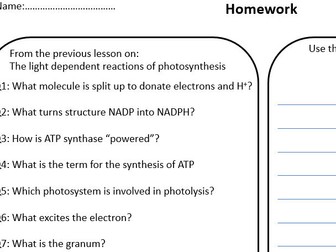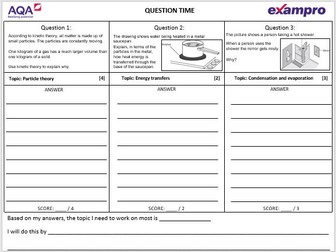
A-Level Biology - All HW for Mass transport topic - Flipped style
Good structure for flipped learning, especially for beginners and the kids really liked the consistency, not just “research the next lesson”.
Set of linking homeworks for the mass transport topic in the AQA A-Level Biology course.
Structure is 10 short answer questions on a lesson on the left. Then a suggested YouTube link (and description) and Website link (and description) for further research about the next lesson.
Includes:
Two blank templates to use for the future
The first name is what the questions are about and the second is what the research is on:
Tissue fluid / Haemoglobin
Haemoglobin / Oxygen dissociation curves
Oxygen dissociation curves / Xylem and Phloem
Xylem and Phloem / Mass Flow Hypothesis
Mass Flow Hypothesis / Transpiration
Transpiration / Limiting water loss
